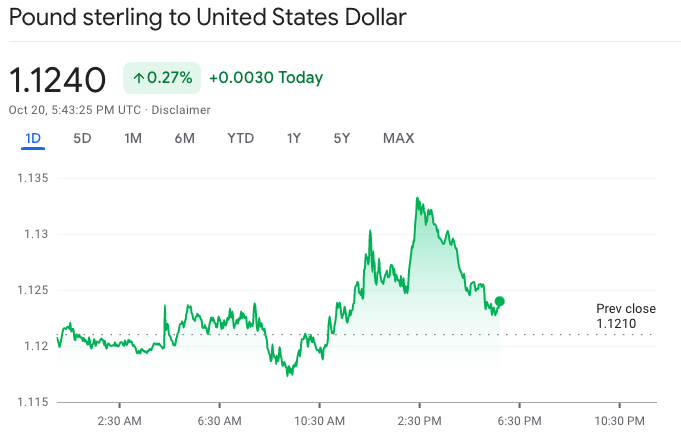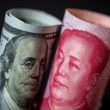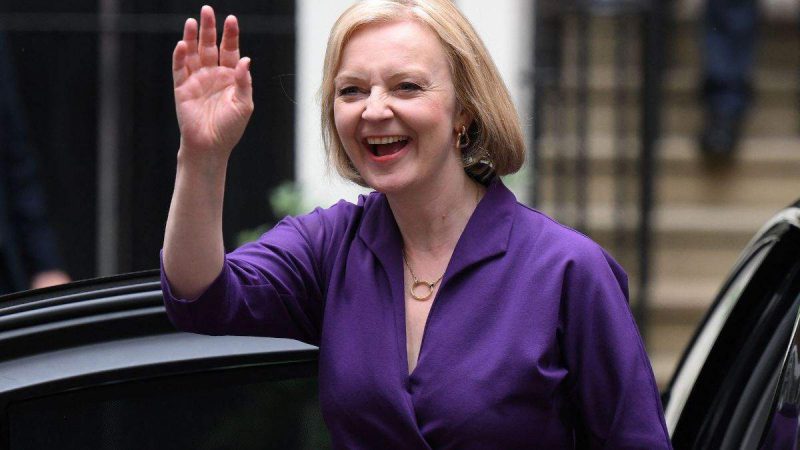The United Kingdom has been in dire straits of late. Right from inflationary concerns to the energy crisis, a host of factors have plagued the economy. Amid all this, the Prime Minister Liz Truss announced on Thursday that she was resigning.
As reported earlier today, Liz Truss will go down in British history as the shortest-serving PM. She stated that she set out with a vision for a low-tax economy, but due to unforeseen market conditions, she was not able to deliver that mandate. As a result, she decided to step down. Truss would, however, leave the role only after her successor is chosen in a party leadership contest. She added that the process will conclude within a week.
Read More: UK Prime Minister Liz Truss Is Planning To Step Down
Truss is entitled to a yearly allowance of £115,000
Despite being in office for merely 44 days, Truss will still get to claim a yearly £115,000 allowance reserved for former Prime Ministers. Per the Cabinet Office, the Public Duty Costs Allowance grants all former Prime Ministers a yearly allowance that’s intended to pay them back for expenses spent while fulfilling public duties in the role.
Even though all former Prime Ministers’ are eligible to draw on the PDCA, they cannot claim the allowance if they are serving as a leader of the opposition. Per the official government website,
The PDCA has a financial limit which was originally set to align with the staffing allowance for MPs’ offices. The current limit is set at £115,000 and has remained frozen since 2011. It will remain frozen at this level in 2022-23. The level of the limit will be reviewed by the Prime Minister at the start of a Parliament and annually.
This means that Truss will will receive the allowance every year for the rest of her life. Alongside, the Prime Minister is also entitled to receive a pension allowance of up to 10% of the £115,000 allowance.
Notably, Truss is only the sixth Prime Minister to receive this allowance, which was ratified in 1991 by John Major post Margaret Thatcher’s resignation.
Despite the resignation announcement, UK’s local currency—the Pound Sterling—was trading in green against the US Dollar on Thursday at press time.







